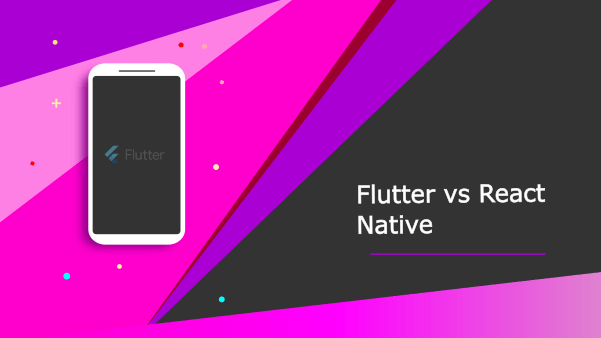Flutter vs React Native 2024 : Why Should Go with Flutter?
In 2024, the comparison between Flutter and React Native will be mind-blowing because both frameworks have their own advantages and disadvantages. Choosing the right framework can be a tedious task as it requires analyzing the goals and features of our upcoming project. Let’s explore why Flutter is better for development in 2024. Flutter vs React Native : Let’s start.

Choosing Flutter over React Native could be beneficial for several reasons
Flutter vs React Native : The Single CodeBase Ideology
In this category, there’s no clear winner because both frameworks adhere to the single codebase approach. Flutter and React Native both offer a single codebase for iOS and Android, enabling developers to write one set of code for both platforms, thus saving time and effort.
Who reigns as the performance king?
Flutter compiles into native ARM code, delivering near-native performance across all platforms, including iOS and Mac. However, React Native, while fast enough, operates somewhat in the shadows and might encounter performance gaps due to the bridge that connects JavaScript and platform-native components. Flutter reigns supreme here! 👑
Building UIs : Unified UI and Widgets
Flutter widgets are highly customizable and render seamlessly on all devices. For instance, the Flutter Stack widget is a lifesaver when creating complex UIs with multiple stacked components.
Due to its reliance on native components, React Native may exhibit slight UI variations across different platforms
Learning Curve
Developers new to both technologies might encounter the challenge of learning a new language, with Dart being essential for Flutter development. However, for those acquainted with object-oriented programming languages, Dart proves relatively straightforward. React Native developers, especially those transitioning from other languages, may need to adjust to JavaScript’s distinct paradigm.
Ecosystem
Though React Native boasts a larger community and more third-party libraries owing to its early start, Flutter’s community is swiftly growing. The Flutter ecosystem is maturing at a rapid pace, continuously enriching itself with an expanding array of tools, packages, and support. Here is where React Native shines a little bit. ⭐ A multitude of extensions for Flutter can be found on pub.dev.
Hot Reload : It’s really hot!
Developers using Flutter can instantly make code changes and see their effects in real-time with the hot reload feature, facilitating quicker iterations and debugging.
Verdict
In the end, the choice between Flutter and React Native relies on project requirements, the development team’s familiarity, performance prerequisites, and the intended user interface and experience. Developers seeking high performance and visual consistency across various platforms might lean towards Flutter due to its robust performance, unified UI, and adaptability for customization.



